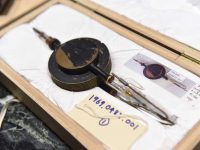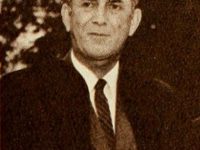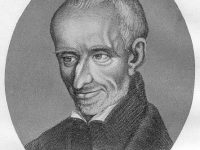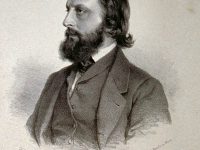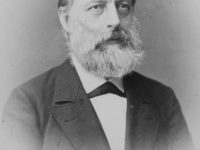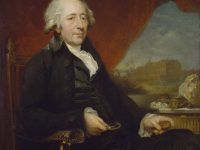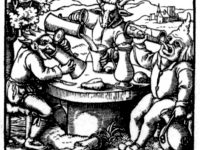Sir Henry Tizard – Octane Rating and Radar Technology
On August 23, 1885, English chemist and inventor Sir Henry Thomas Tizard was born. Tizard developed the modern “octane rating” used to classify petrol, helped to develop radar in World War II, and led the first serious studies of UFOs. Education and World War I Henry Tizard was born in Gillingham, Kent, the only son of Thomas Henry Tizard (1839–1924), naval officer and hydrographer, and his wife, Mary Elizabeth Churchward. His ambition to…
Read more











